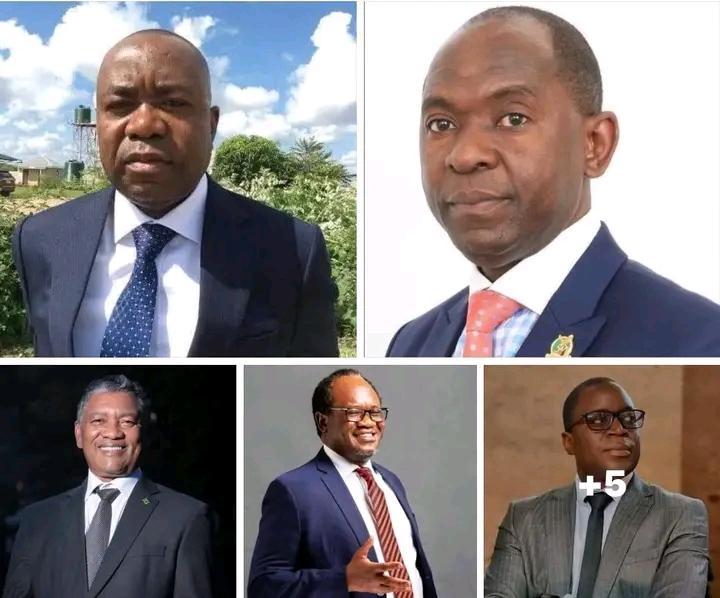Africa-Press – Zambia. As Zambia marches toward the 2026 general elections, the air is thick with ambition. Billboards, press statements, political surveys, and backroom meetings all signal one thing: many want to lead. But the real question is not who wants power — the question is, who is prepared to carry its weight?
Leadership, in its truest sense, is not glamour. It is not handshakes and microphones. It is a lonely road paved with sacrifice, betrayal, and deep introspection. As the Greek philosopher Heraclitus once said, “Character is destiny.” Leadership is less about charisma and more about the internal fortitude to withstand storms — alone, misunderstood, and often unloved.
Consider Moses — the great liberator of the Israelites. When he answered the divine call to lead his people out of bondage, he didn’t walk into applause. He walked into conflict, doubt, and rebellion — even from his own people. At Mount Sinai, he ascended to commune with God, only to descend and find the people he led worshipping a golden calf. That is the burden of a leader: to give your soul for people who will mock your silence, and curse your presence.
Jesus, the greatest moral leader in history, knew loneliness deeper than any throne could promise comfort. He was misunderstood by his family, betrayed by a disciple, and abandoned by friends in his hour of need. He healed the masses, yet the same masses cried “Crucify him!” The crown of leadership is, more often than not, a crown of thorns.
Zambia’s own Kenneth Kaunda knew this pain. He led with vision and endured insults, sabotage, and the heartbreak of leading a nation still raw from colonial trauma. In his later years, he was ridiculed, imprisoned, and cast aside — yet he never stopped believing in peace and national unity. That’s what true leadership looks like: perseverance in the face of rejection.
Nelson Mandela spent 27 years in prison, and emerged not with vengeance, but with reconciliation. He was prepared not only to lead — but to lose everything in pursuit of justice. Can the politicians of today say the same?
Aspiring leaders must understand that leading Zambia is not about trending on social media, or being loudest at press conferences. It is about building consensus where division thrives, staying calm when your name is slandered, and putting the nation above your ego. You will be accused. You will be betrayed. You will sit in rooms where your integrity is tested, and your vision ridiculed. You will weep in silence. Are you ready?
In Plato’s “Republic,” Socrates argues that the best leaders are those who do not seek power for its own sake — but those who are burdened by the necessity to serve. Leadership is not a reward, but a responsibility. Not a career, but a calling.
And this is where we must pause as a nation.
Before we are dazzled by slogans or seduced by polished speeches, we must ask: Is this person ready to suffer for Zambia? Are they willing to lose friends, wealth, and comfort to serve us with clean hands and clear conscience?
The journey to State House must not begin with applause, but with self-denial. It must not be walked in the company of sycophants, but with the guidance of truth, courage, and deep national love.
Many desire to lead Zambia in 2026. But few are ready for the price. Let us not be fooled. Let us not be led by entertainers or opportunists. For this land cries out not for rulers, but for servant leaders.
For More News And Analysis About Zambia Follow Africa-Press







